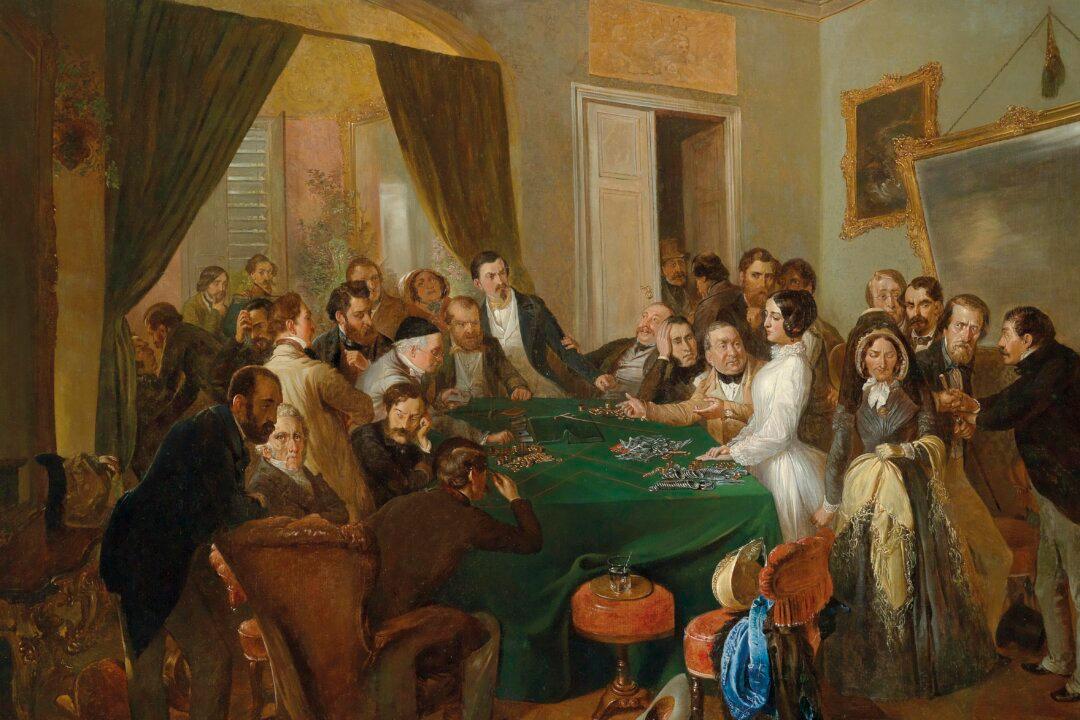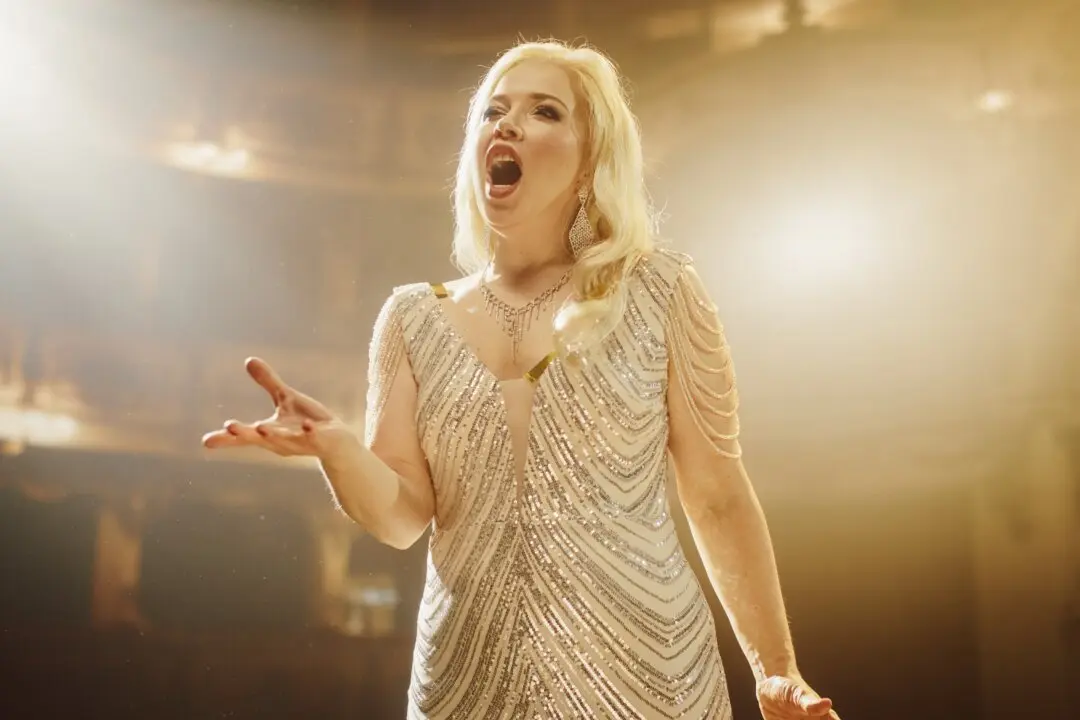Opera is the most classical and traditional form of singing ever developed. The art form, which began in Italy, is now over 400 years old, and includes thousands of operas in most of the Western European languages. Many operas were based on ancient stories from mythology, folk tales, and novels. While the stories are exciting and expressive, classical operas always offer a clear picture of good versus evil and wrong versus right.
Those less familiar with opera may comment about what they perceive as “mature,” or inappropriate, content in the plots. Such a critic might cite the numerous affairs, murders, suicides, liaisons, and examples of prostitution in the most famous operas. However, one is doing an injustice to any story to magnify an isolated element out of context and assume that it defines the whole scenario.






